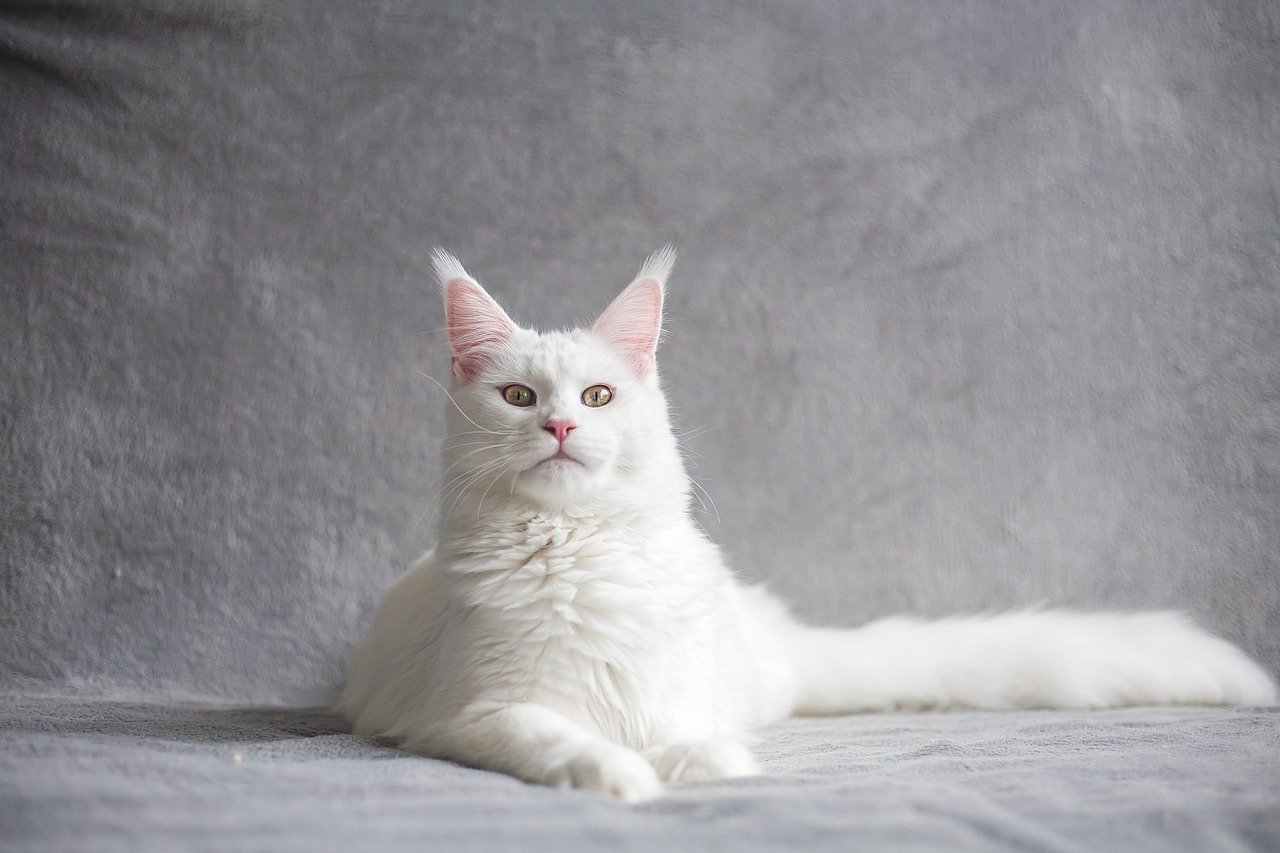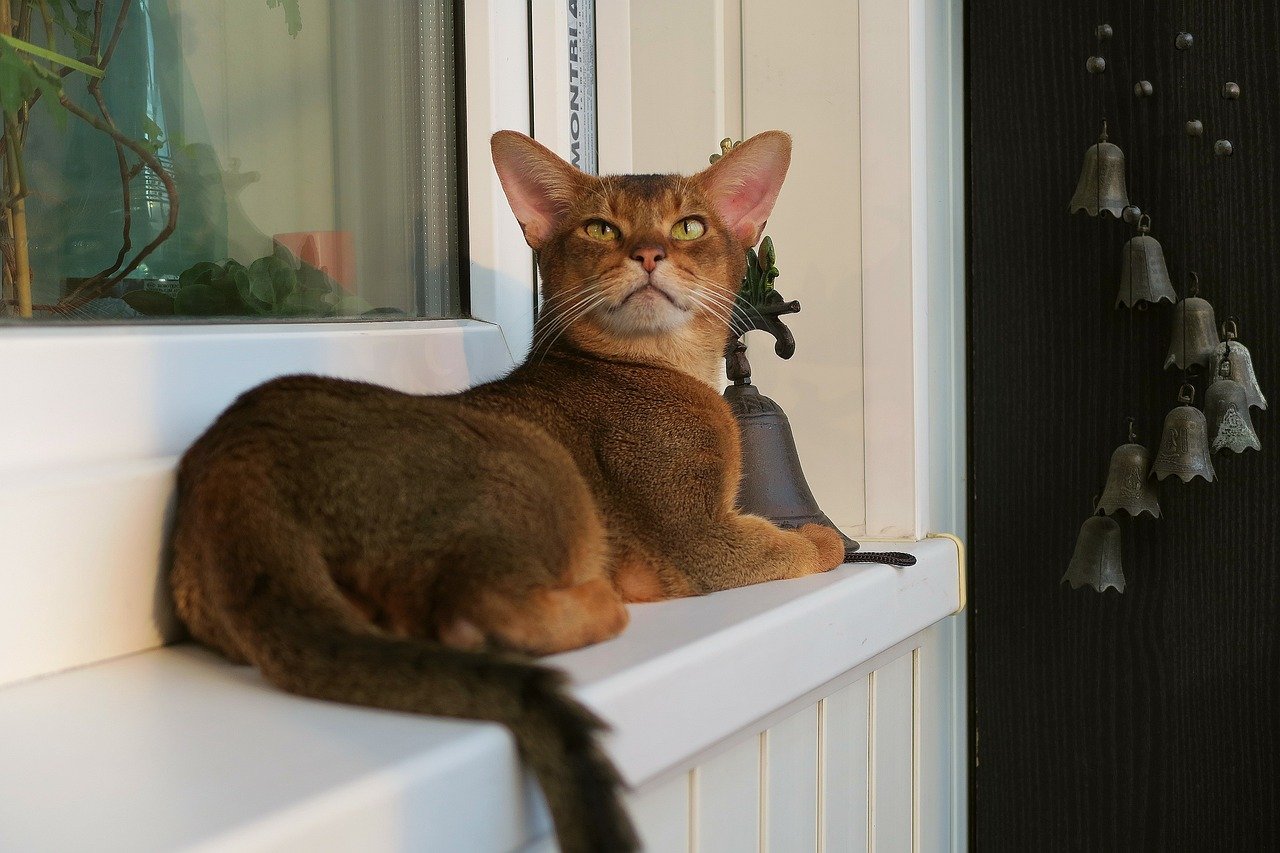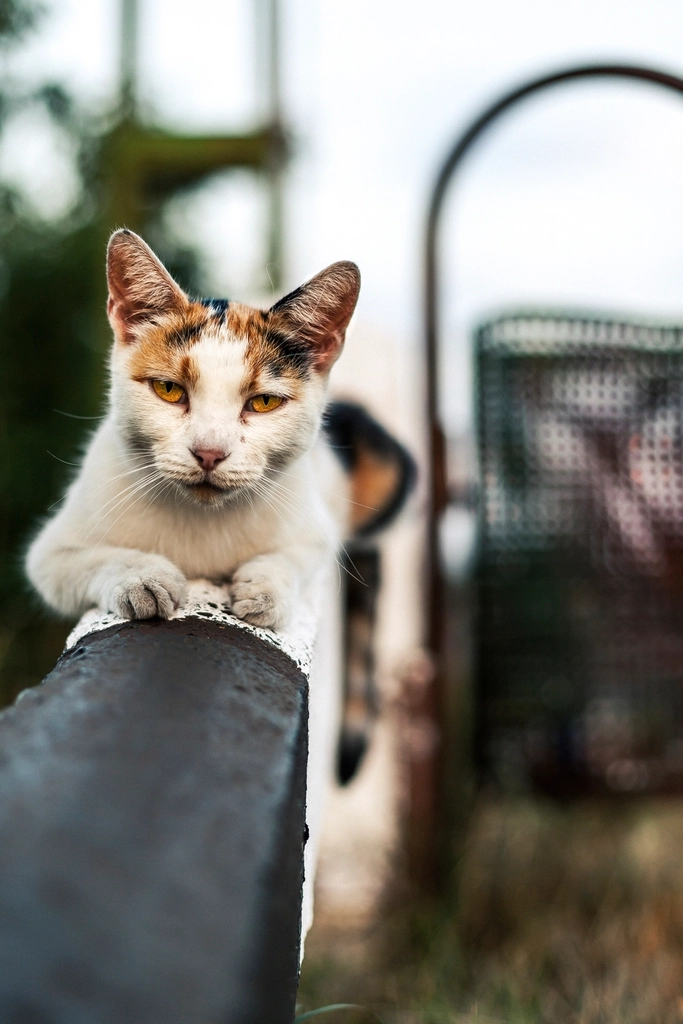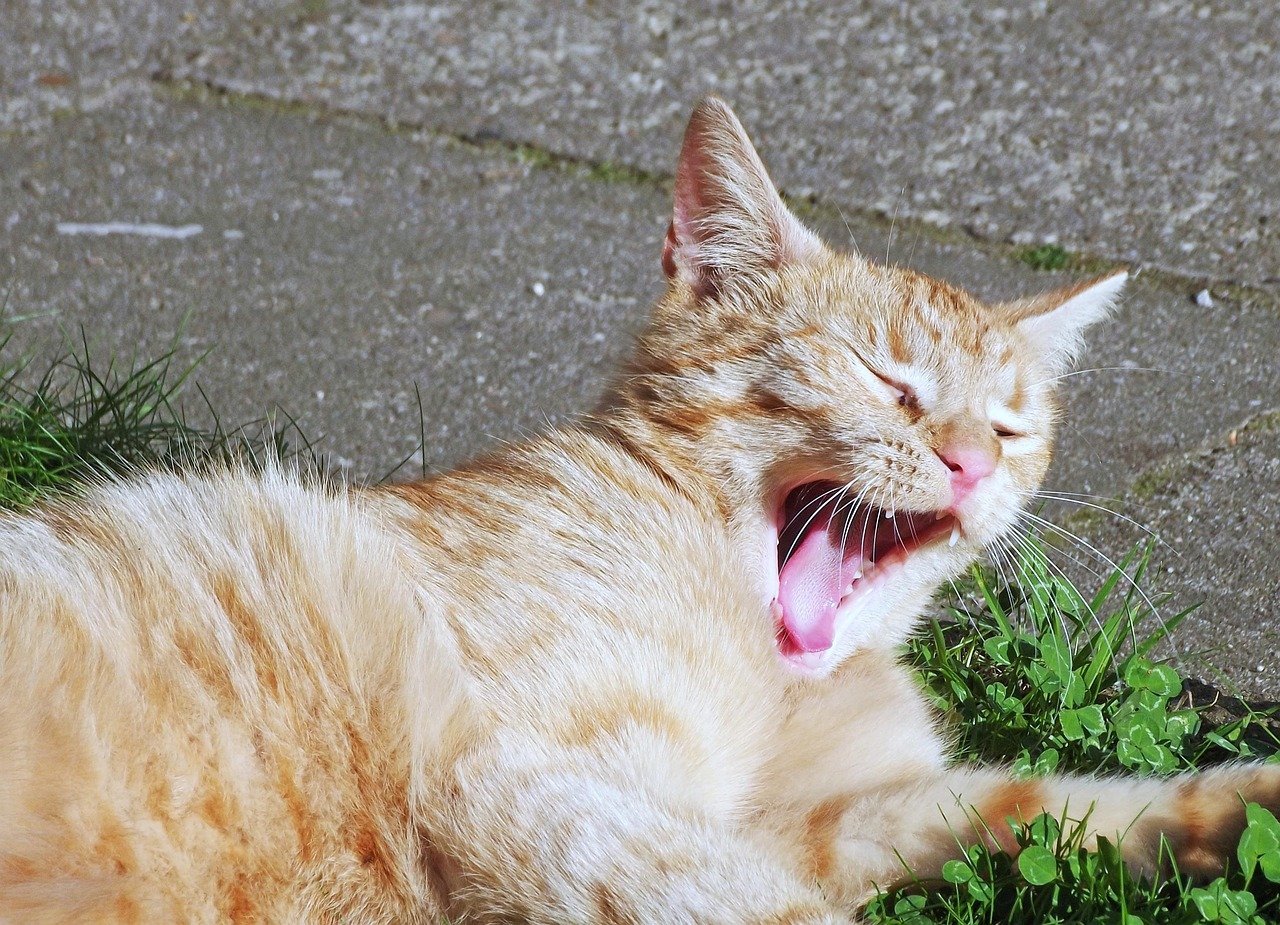Siamese: The Vocal Genius That Demands Conversation

Ever wondered what your cat is really thinking? Siamese cats will tell you exactly what’s on their mind, whether you ask or not. These blue-eyed beauties are famous for their chatty nature and razor-sharp intelligence that rivals some dog breeds.
Their brains work like little computers, constantly processing information and seeking stimulation. Without proper mental challenges, they can become destructive or develop behavioral issues. Think of them as the Einstein of the cat world – brilliant, but they need something to occupy that massive intellect.
Maine Coon: The Gentle Giant with Hidden Depths

Don’t let their laid-back appearance fool you – Maine Coons are strategic thinkers wrapped in fluffy coats. These gentle giants can weigh up to 25 pounds, but their brains are just as impressive as their size. They’re natural problem-solvers who love puzzle feeders and interactive toys.
Maine Coons have an uncanny ability to open doors, cabinets, and even some latches. Their intelligence shows in subtle ways – they observe human routines and adapt their behavior accordingly. Many owners report their Maine Coons learning to flush toilets or turn on faucets just by watching.
Bengal: The Wild Card That Thinks Like a Hunter

With their leopard-like spots and athletic build, Bengals carry the intelligence of their wild ancestors. These cats don’t just play – they strategize, plan, and execute complex hunting sequences even with toy mice. Their minds are wired for constant mental stimulation.
Bengals can become frustrated and aggressive without proper mental outlets. They need activities that challenge their natural hunting instincts, like puzzle feeders that require manipulation or interactive toys that move unpredictably. Think of them as the special forces of the cat world – highly trained and always ready for action.
Abyssinian: The Curious Explorer with Endless Questions

Abyssinians are like toddlers in cat form – they want to investigate everything and have an opinion about it all. Their intelligence manifests as insatiable curiosity and a need to be involved in every household activity. They’re the cats who will follow you from room to room, not for attention, but because they genuinely want to understand what you’re doing.
These cats excel at learning tricks and can even be trained to walk on leashes. Their active minds need constant stimulation, and they’ll create their own entertainment if you don’t provide it. Many Abyssinian owners find their cats have learned to open doors, drawers, and even some childproof locks.
Scottish Fold: The Thoughtful Strategist in Disguise

Those adorable folded ears aren’t just for show – Scottish Folds are deep thinkers who observe before they act. While they may appear calm and docile, their minds are constantly working, analyzing their environment and planning their next move. They’re the chess masters of the cat world.
Scottish Folds are excellent at reading human emotions and responding appropriately. They need mental challenges that engage their analytical nature, like treat-dispensing toys or puzzle boxes. Without proper stimulation, they can become withdrawn or develop obsessive behaviors like excessive grooming.
Turkish Angora: The Artistic Genius with a Creative Soul

Turkish Angoras possess an almost human-like intelligence that can be both fascinating and slightly unnerving. These cats are known for their problem-solving abilities and their capacity to learn complex routines. They’re the artists of the cat world – creative, expressive, and always thinking outside the box.
Many Turkish Angoras learn to play fetch, open doors, and even operate light switches. Their intelligence combined with their playful nature means they need varied mental stimulation to prevent boredom. They’re happiest when they have access to climbing structures, puzzle toys, and interactive games that challenge their quick minds.
Why Smart Cats Need Mental Workouts

Intelligent cats without proper mental stimulation are like gifted students in boring classrooms – they’ll find ways to entertain themselves, and you might not like their creative solutions. These brainy felines can develop destructive behaviors, excessive vocalization, or even depression when their minds aren’t challenged.
Mental stimulation is just as important as physical exercise for smart cats. Their brains need regular workouts to stay healthy and happy. Without it, they might redirect their intelligence toward activities like destroying furniture or developing behavioral problems that can be difficult to correct.
Interactive Toys That Actually Challenge Their Minds

Not all cat toys are created equal, especially when you’re dealing with feline Einsteins. Smart cats need toys that make them work for their rewards, not just batting at a feather on a stick. Puzzle feeders, treat-dispensing balls, and electronic toys that change patterns can keep their minds engaged for hours.
The key is variety and increasing difficulty levels. Start with simple puzzles and gradually introduce more complex challenges as your cat masters each one. Think of it like video games – they need to level up to stay interested and engaged.
Training Sessions: Yes, Cats Can Learn Complex Tricks

Forget everything you’ve heard about cats being untrainable – intelligent breeds thrive on learning new skills. These cats can master tricks that would impress dog owners, from high-fives to retrieving specific objects on command. The secret is making training sessions feel like games rather than work.
Short, frequent training sessions work better than long, intense ones. Smart cats have excellent memories and can learn sequences of behaviors when properly motivated. Many owners are amazed at how quickly their intelligent cats pick up new tricks and even seem to enjoy the mental challenge.
Environmental Enrichment: Creating a Stimulating Home

A boring environment is torture for an intelligent cat. These breeds need homes that offer variety, challenge, and opportunities for exploration. Think vertical spaces, hiding spots, and regularly rotated toys to keep their environment fresh and interesting.
Consider creating different zones in your home – a climbing area with cat trees, a puzzle corner with brain games, and quiet spots for observation. Smart cats love to survey their territory from high perches, so tall furniture or cat-specific climbing structures are essential. The goal is to create an environment that stimulates their natural behaviors while challenging their minds.
Signs Your Smart Cat Is Bored and Needs More Challenge

Intelligent cats have their own ways of telling you they’re understimulated, and these signals are hard to miss once you know what to look for. Excessive vocalization, destructive behavior, or suddenly becoming overly clingy can all indicate a bored brain seeking stimulation.
Other signs include repetitive behaviors like excessive grooming, aggression toward other pets, or seemingly random acts of destruction. Some cats will even start “helping” with household tasks in creative ways – like unrolling toilet paper or reorganizing your belongings. These behaviors aren’t spite; they’re desperate attempts to engage their underutilized minds.
The Daily Mental Exercise Routine Every Smart Cat Needs

Just like humans need daily physical exercise, intelligent cats require consistent mental workouts to stay healthy and happy. A good routine includes puzzle feeding, interactive play sessions, and training or trick practice. The key is consistency – a little mental stimulation every day is better than marathon sessions once a week.
Morning puzzle feeding can start their day with a mental challenge, while evening interactive play sessions help them wind down. Many smart cats also benefit from having their regular kibble replaced with puzzle feeders or food-dispensing toys that make them work for every meal. This mimics natural hunting behaviors while keeping their minds active throughout the day.
Conclusion: Embracing Your Cat’s Inner Genius

Living with an intelligent cat is like having a furry roommate who’s always plotting their next move. These remarkable breeds don’t just want to coexist with you – they want to engage, challenge, and sometimes outsmart you. The effort you put into stimulating their minds will be rewarded with a deeper bond and a happier, more well-adjusted feline companion.
Remember, a tired mind is a good mind when it comes to smart cats. The investment in mental stimulation pays dividends in reduced behavioral problems and increased affection. These cats don’t just want to be fed and petted – they want to be understood and challenged.
Which of these brilliant breeds sounds like the perfect mental match for your lifestyle?
Hi, I’m Bola, a passionate writer and creative strategist with a knack for crafting compelling content that educates, inspires, and connects. Over the years, I’ve honed my skills across various writing fields, including content creation, copywriting, online course development, and video scriptwriting.
When I’m not at my desk, you’ll find me exploring new ideas, reading books, or brainstorming creative ways to solve challenges. I believe that words have the power to transform, and I’m here to help you leverage that power for success.
Thanks for stopping by, Keep coming to this website to checkout new articles form me. You’d always love it!






